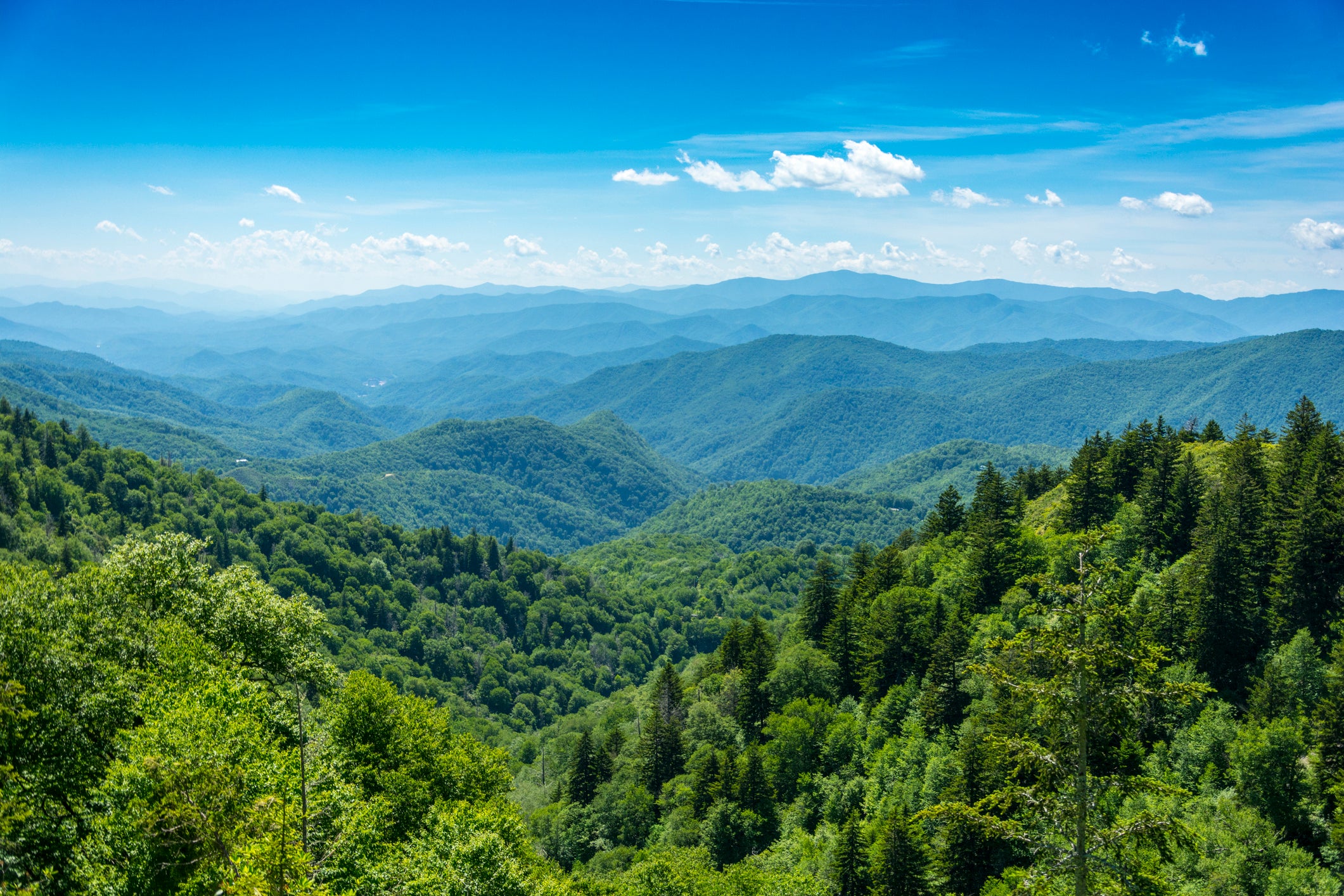Please, please, please - stop feeding the bears at Tennessee’s Great Smoky Mountains National Park.
What may seem to be a kind gesture could result in a mauling, a fine of up to $5,000, or approximately half a year in jail for offenders, according to the National Park Service.
The agency issued a warning to the park’s visitors following three related but separate incidents that occurred in just the past week.
“The park has seen an increase in incidents involving visitors feeding bears. Feeding wildlife is illegal and endangers you, other visitors and bears,” NPS explained in a statement.
In one case, a visitor was observed feeding a mother bear and her two cubs, which is a federal offense. Law enforcement rangers issued a citation for this incident.
While the chances of a bear attacking you are one in 2.1 million, feeding bears can be just as dangerous for bears as it is for humans, sometimes resulting in the animal being euthanized. Doing so can result in the bear becoming conditioned to human food, losing its fear of humans, acting more aggressively toward visitors when looking for food, or being struck by a car.
People who are irresponsible with the food they bring to a park also may be held responsible for a bear’s death.
Right now, bear activity is especially high due to a scarcity of natural food sources, such as insects, berries, and fish. That’s combined with the stressors of peak breeding season, which occurs from May through August.

During this time, mother bears separate from their 18-month-old cubs, leaving them to navigate on their own for the first time and increasing the risk of a human encounter.
Some 1,900 black bears live in the park, or approximately two bears per square mile. The park is the most visited national park in the United States, with around 12 million visitors each year.
“This unique combination of high visitation and a thriving bear population increases the likelihood of human-bear encounters, especially when bears venture into developed areas in search of food,” the Park Service said.
Playing by the rules and guidelines can keep everyone safe. Don’t feed or approach the bears and stay at least 150 feet away from them. Make sure to store all food and trash in a locked, hard-sided vehicle, or hang it using bear cables in backcountry areas.

If you surprise a black bear and it attacks, fight it with everything you have.
Stay alert, consider if you should carry bear spray, report unusual bear behavior, and leave dogs and pets at home. In the park, only the Gatlinburg Trail and the Oconaluftee River Trail allow dogs, if they are on a leash.
“Visitors play a crucial role in their own safety and the well-being of our black bears. By practicing these precautions, you contribute to the conservation of black bears and foster a safer environment in the park,” the park said.
Are women safer with men or bears? I vote bears – and I’m a bloke
Teen left with ‘significant’ burns from stepping in thermal crust while hiking in Yellowstone
Tourist gored by bison in Yellowstone after group ‘approached it too closely’
USA Network is bringing back scripted TV. First up? John Grisham's 'The Rainmaker'
A car accident in small-town Tennessee leads to US charges against a major Mexican drug operation
Florida's first black bear hunt in a decade approved despite strong opposition







